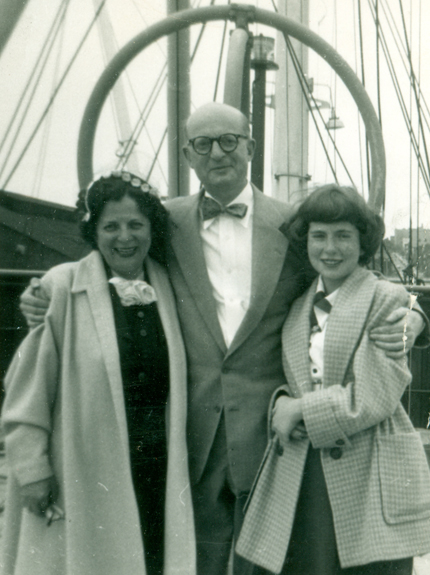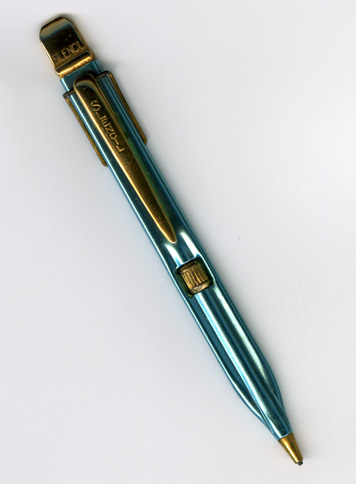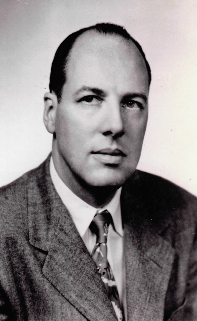Josiah Green and Co. Records
Josiah Green and Co. were pioneering manufacturers of mass produced pegged boots, one of the earliest and largest firms of its kind in Central Massachusetts. Founded by Josiah Green in the town of Leicester in 1812, the firm relocated to Spencer in 1816 or 1817 and erected its first factory there in 1834. In 1850, J. Green and Co. was the largest of six major shoe- and boot-manufacturers in town, though it lost market share thereafter. Green ran the company until control passed to his sons in 1867.
The records of Josiah Green and Co. document the growth and peak years of operation of one of the most important high-volume manufacturers of boots in central Massachusetts. Although the account books and ledgers extend back into the 1820s, the bulk of the correspondence dates from 1889-1894, when Josiah’s sons controlled the firm and while it was losing ground to its competitors. Although sporadic and incomplete, the correspondence offers a glimpse into the manner in which Green’s business was conducted during a period when the firm sold to a wide network of wholesalers and jobbers in the northeast and Midwest. Most of the correspondence concerns placement or fulfillment of orders and issues over prices and payment. The collection contains four press copybooks containing outgoing letters for the years 1889-1892 and 1904-1905.




